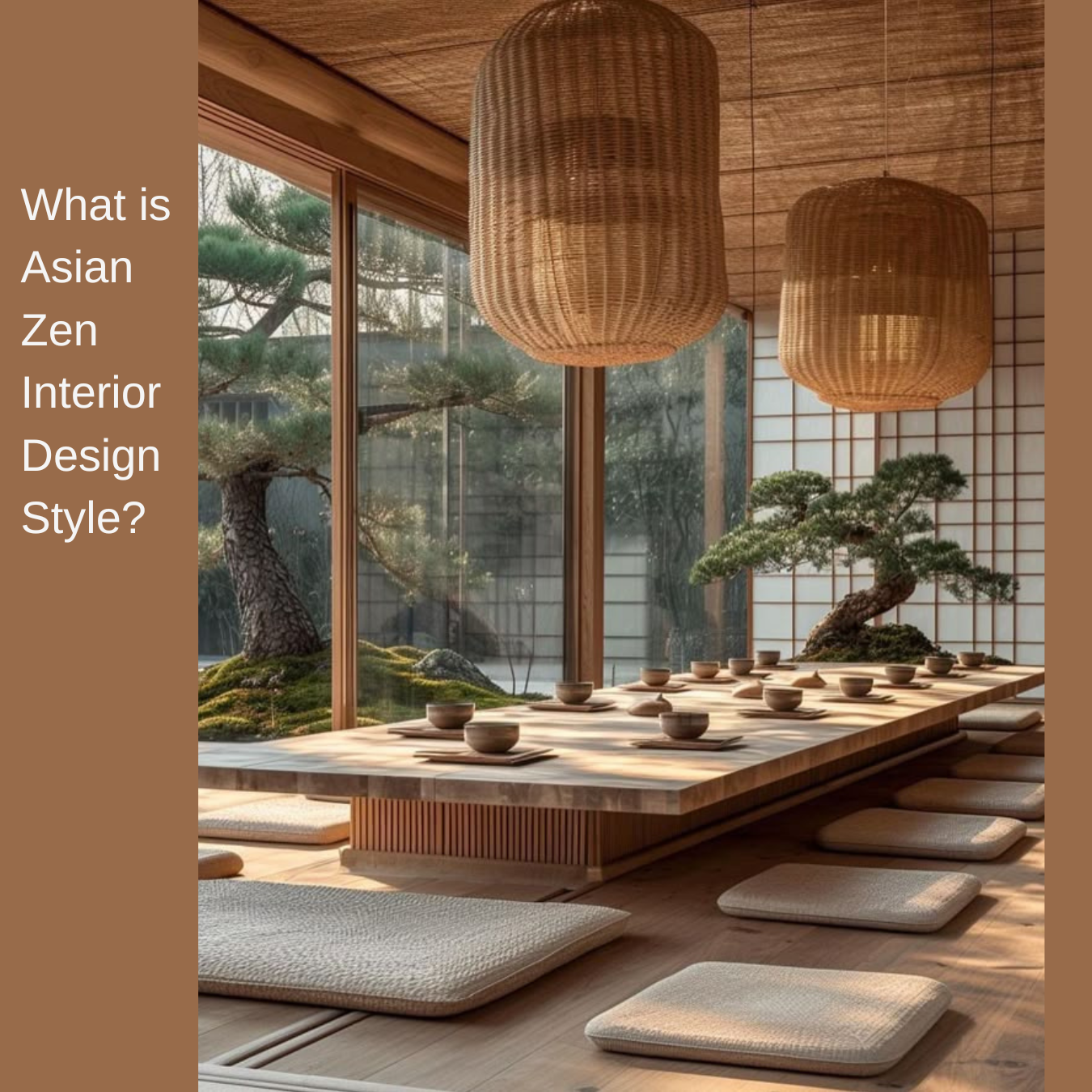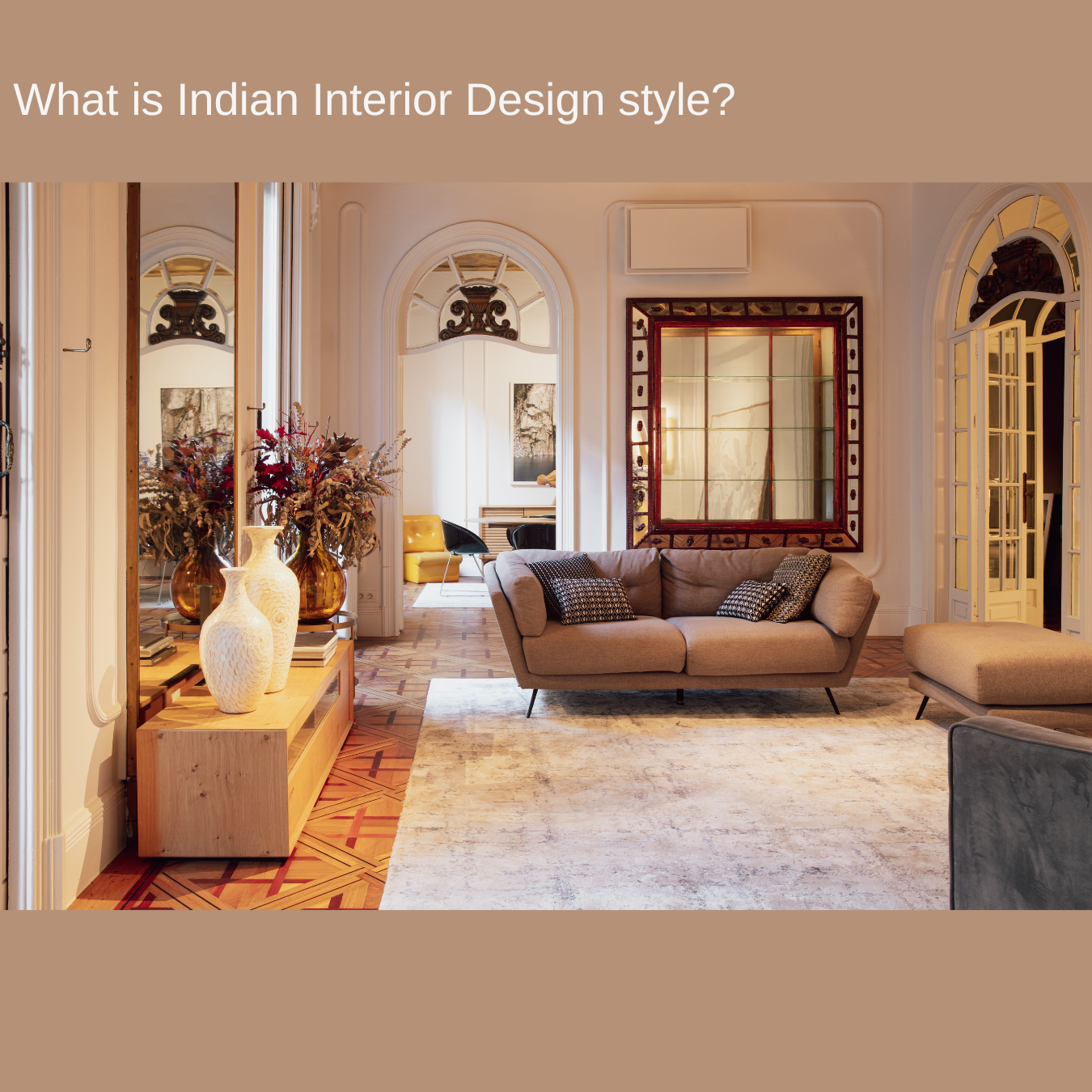Asian Zen Interior Design Style is a minimalist and harmonious approach to interior design inspired by traditional Asian aesthetics—particularly Japanese and Chinese design principles—with a strong influence from Zen Buddhism. Its primary goal is to create tranquil, balanced, and meditative living spaces that promote peace, order, and mindfulness.
🌿 Key Elements of Asian Zen Interior Design:
1. Minimalism and Simplicity
- Clean lines, uncluttered spaces
- No excess decoration; every element has a purpose
- Emphasis on space and flow, not objects
2. Natural Materials
- Wood (especially light woods like bamboo)
- Stone, rattan, paper (e.g., rice paper)
- Organic textures and finishes
3. Neutral and Earthy Color Palette
- Soft, muted tones like beige, taupe, cream, and greys
- Natural greens and browns inspired by nature
- Occasionally accented with deeper hues like black, deep red, or indigo
4. Nature-Inspired Design
- Indoor plants (like bonsai, bamboo, or peace lilies)
- Water features (small fountains, koi ponds)
- Emphasis on natural light and outdoor views
5. Balance and Symmetry (Feng Shui)
- Furniture and decor arranged to promote energy flow
- Use of symmetrical layouts and visual harmony
- Avoids chaos or jarring contrasts
6. Low, Functional Furniture
- Tatami mats, floor cushions, low-profile beds and tables
- Japanese futons or platform beds
- Sliding screens (shoji), not heavy doors
7. Calm and Serene Ambience
- Soft lighting: paper lanterns, candles, or diffused lamps
- Sounds of nature: water trickling, soft music
- Aromatherapy: incense, essential oils
🧘♂️ The Goal:
To create a peaceful sanctuary that encourages inner calm, reflection, and spiritual clarity—a retreat from the busyness of modern life.



